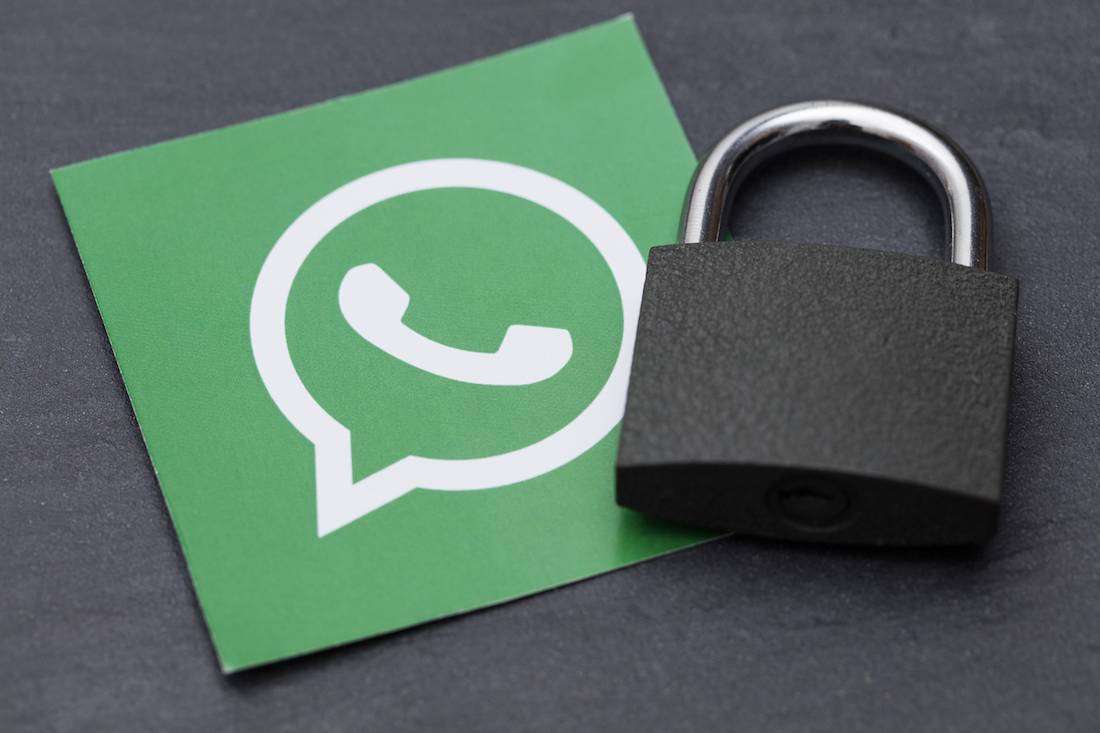The makers of the popular instant messaging app have reportedly rejected the request by the UK Government to allow them backdoor access to users’ encrypted messages, Sky News reports.
The push for a backdoor started earlier this year. The government crime prevention agencies cited the lack of access to instant messages shared by terrorists and other criminals as a huge obstacle to investigations.
The rejection occurred in wake of the PM Theresa May’s speech at the UN. She urged tech companies to cooperate more with the authorities in the fight against terrorism, after the disastrous recent attacks at the Tube in London and explosions in Manchester. It is said that encrypted messages were used to coordinate both attacks.
The UK is far from being the only one demanding access. The FBI is also very unhappy about encryption offered in Google and Apple services, despite both (including Facebook) handing over the data to the law enforcement agencies when asked.
Of course, it is impossible to know whether the reports are true and if there aren’t any backdoors already built into the system. Even though end-to-end encryption is in theory very sound, very few experts would recommend these services as truly secure ways to communicate.
Perhaps there is a compromise that will enable a reasonably high degree of privacy, while still minimally impeding the law enforcement efforts. After all, if it really could prevent further attacks, the trade-off might be worth it. More proactive tracking of potential extremist profiles and users could help tackle the issue of spreading terrorist propaganda before serious incidents occur.
However, the encryption systems we use could open our banking and online services to huge risks if anyone obtains the backdoor data from the government. As we’ve seen from the recent leaks, that seems to be easier than we had thought. Additionally, even if the companies were to cave in, it is trivially easy for the terrorists to set up their own private messaging systems that are even more secure.
If you are a firm believer of unfettered access to your private messages, you can always opt for WeChat, which now officially shares your data with the Chinese government. We’re not pointing fingers – the same is likely to be occurring with the ‘Western-style’ apps, just perhaps more covertly.
As for the UK government, it is doubling down on the efforts to demand access to messages. It remains to be seen whether WhatsApp will cave in eventually.







